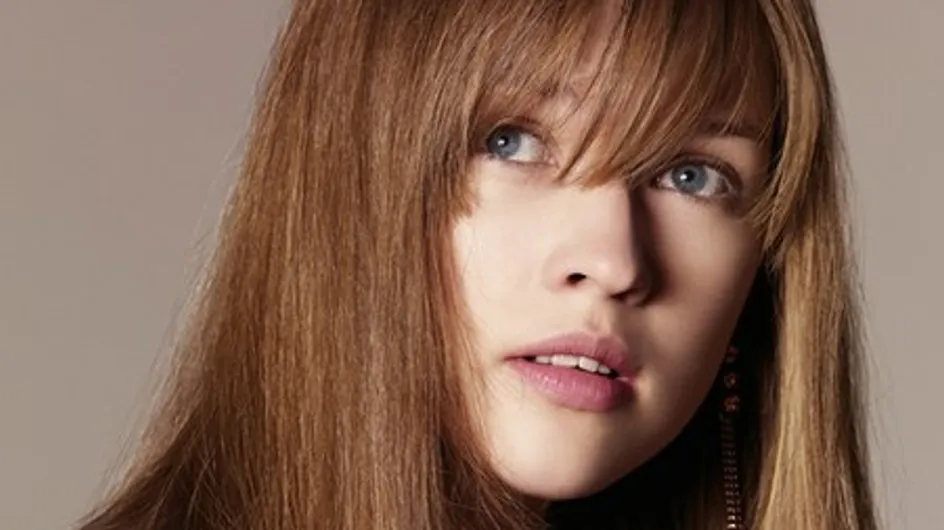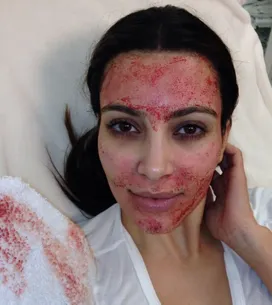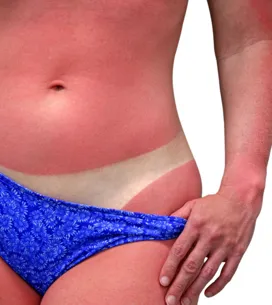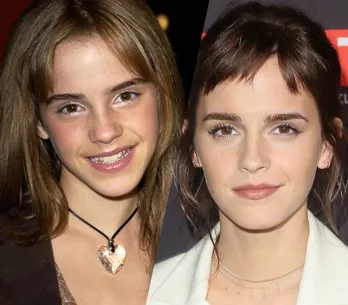Our hair renews itself constantly throughout our lives - there are between 20 to 30 cycles in a lifetime! Cutting your hair restores the vitality it needs to grow better.
Hair cycles
- Growth. During the cycle of growth, hair grows about a centimetre per month (this slows down as we get older, but speeds up in summer). This cycle lasts between 4 to 6 years for women. 80% of hair is in the growth phase while the rest stops growing and falls out.
- End of growth. Our hair goes through a period where growth stops, which lasts around 3 to 4 weeks.
- Hair loss. Hair loss occurs when the hair that is still growing and hair that has stopped growing meet. The first puts pressure on the second, and the hair ends up falling out. This phase lasts between 1-3 months.
- Did you know? A head of hair is made up of between 100,000 and 150,000 hairs (300 hairs per square centimetre).
The loss of density
Hair growth evolves over time and as a result the period of growth reduces with age. That’s why our granny’s hair is not as thick as ours!
When should you worry about hair loss?
- We lose between 50 and 100 hairs per day on average, so it’s normal to deposit a little wherever you go. Daily hair loss depends on age, hair type and other external factors such as the seasons. We actually tend to lose more hair in autumn and spring. Hair loss can also increase towards the end of pregnancy when your hormones are all over the place, and during the menopause.
- Stress can cause hair loss. When we're under a lot of stress, our bodies suffer and our hair is no exception. A few months after a very stressful period, you may notice greater hair loss than normal. During stressful times, hair often stops growing, which can lead to more loss afterwards when the slowed growth starts to show.
- Nutritional deficiencies can cause abnormal hair loss. The capillary cycle can also be affected by deficiencies in iron and vitamins. If you experience a lot of hair loss and it lasts for a long time, you could start by seeing a doctor to check if you could have a deficiency.
- Hair care. Some anti-hair loss lotions available in chemists and supermarkets help you regulate your hair cycles without having to consult a specialist. Vitamin supplements can also help.
- Daily care. The scalp is attacked by wind, sun, sea salt, chlorine and other enemies. To keep your locks healthy, rinse your hair regularly with warm water, use gentle shampoos such as camomile and don’t shampoo your hair more than 4 times a week. Blow-drying can damage your hair, so never dry for long on max and protect your hair with special blow-dry lotion. If you're worried about hair loss, a dermatologist can determine the cause of your hair loss. If you recently had an anaesthetic this could cause hair loss, and some medication can also influence the capillary cycles.











